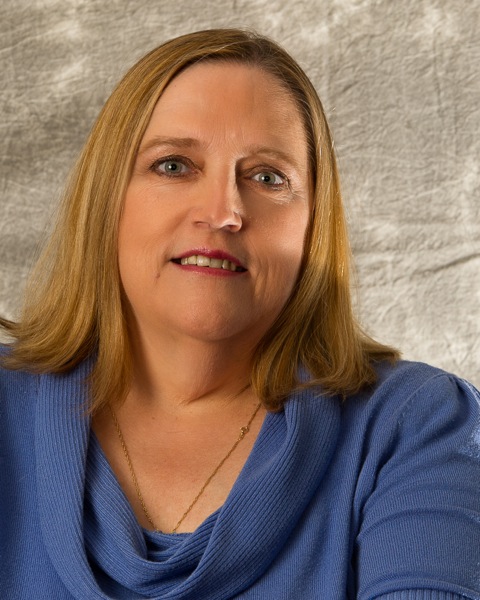News articles and research about COVID-19 and obesity continue to dominate headlines as the link between obesity and COVID-19 grows stronger. All of this information and statistics can be jarring – but most of the time, they only show one part of the bigger picture.
With a topic like obesity, which is already so stigmatized, it’s crucial that we add another voice to the conversation: individuals living with obesity who are also trying to make sense of this pandemic.
A Patient’s Perspective

OAC Vice-Chair Patty Nece, JD, is an individual currently living with obesity. After recently being featured in this article from Science, which explains why COVID-19 can be so deadly in people with obesity, we wanted to get more of her perspective.
Q: What factors can lead to the anxiety that people with obesity may be facing regarding seeking medical care for COVID-19?
Everyone I know is at least a little anxious about potential exposure to COVID-19 in medical settings right now. Anxiety can be higher for those who may be more susceptible to severe COVID-19 infections, including people with obesity.
There’s an additional layer of anxiety unique to those of us at higher weights – weight bias. Medical professionals can make false assumptions about higher-weight patients (i.e. we’re lazy, have no willpower or discipline, eat a lot and don’t exercise, and don’t care about our health). They sometimes shame us for our weight and attribute every ache, pain, and symptom to weight without a full exam or evaluation.
If you’ve had these sorts of experiences, you are less likely to seek medical care and are more anxious when you do. It doesn’t surprise me that people with obesity may be putting off seeking care for COVID-19 symptoms, even though early treatment is important.
Q: How do you think recent COVID-19 and obesity statistics are impacting people with obesity psychologically?
It’s scary! The impact of life changes, anxiety, and fear of being more at risk for COVID-19 has reinvigorated my tendencies to binge and emotionally eat. I’ve regained weight. While this doesn’t make me happy, I’m doing my best to be kind and understanding with myself, the way I would be with a good friend. We’ve (thankfully) never been through a pandemic before. I’ve also reached out for help from my obesity medicine specialist and my psychologist, who specializes in treating people with obesity. I’m very lucky to have such a supportive team.
Q: For people with obesity who are concerned about their health during the pandemic, what are your words of advice?
Two things:
Because you may be at higher risk of a more serious COVID-19 infection, take extra care to protect yourself from exposure to the virus. You know the drill. Stay away from crowds and group gatherings, physically distance, wash your hands, wear a mask when you leave your home, and only go places where those around you wear masks too. When I get tired of keeping up these practices — and I do, just like you — I remember that taking these precautions also helps protect everyone else.
Trust yourself to know when something has changed in your body. Sometimes we diminish our own symptoms and assume they’re due to our weight, probably because we’ve been told that hundreds of times before. But that’s often not true. A few years ago, I had severe shortness of breath when walking around. Even though this was a change for my body, I assumed my weight was the problem. When it didn’t go away after several days, I decided I should get checked out. Good thing I did. As it turned out, I had blood clots in my lungs. Without treatment, I could have died.
So, trust yourself. If you experience a change or if you don’t feel well, reach out to your healthcare professionals for advice. Don’t delay seeking care.
Please Note: This article is not a substitute for medical advice. If you are concerned about COVID-19 and/or your weight, please speak to a healthcare provider.
Looking for COVID-19 support and resources? Visit ObesityAction.org/COVID19 where you can find obesity-related updates, health tips, chances to connect with others over this topic, and more.
